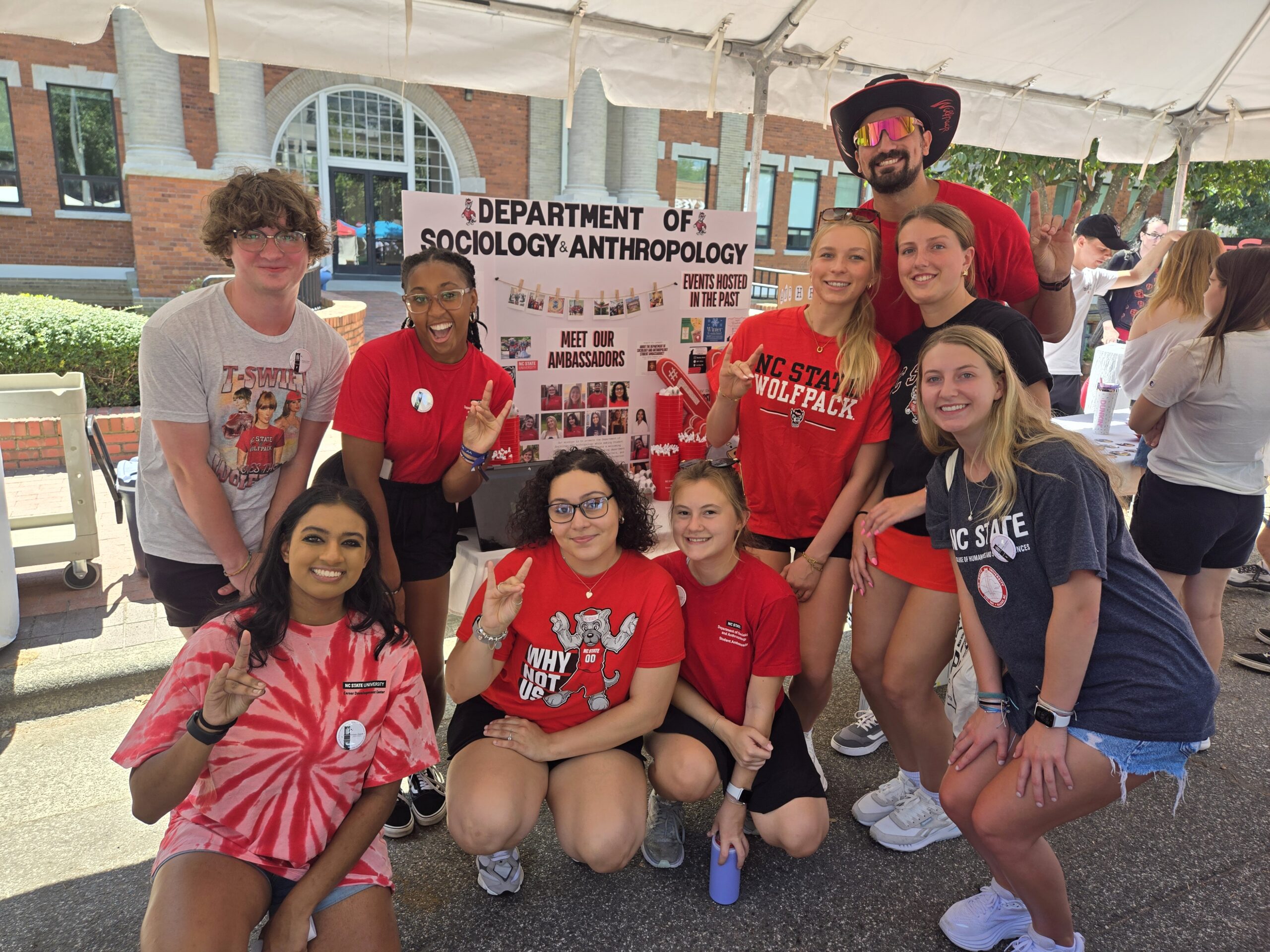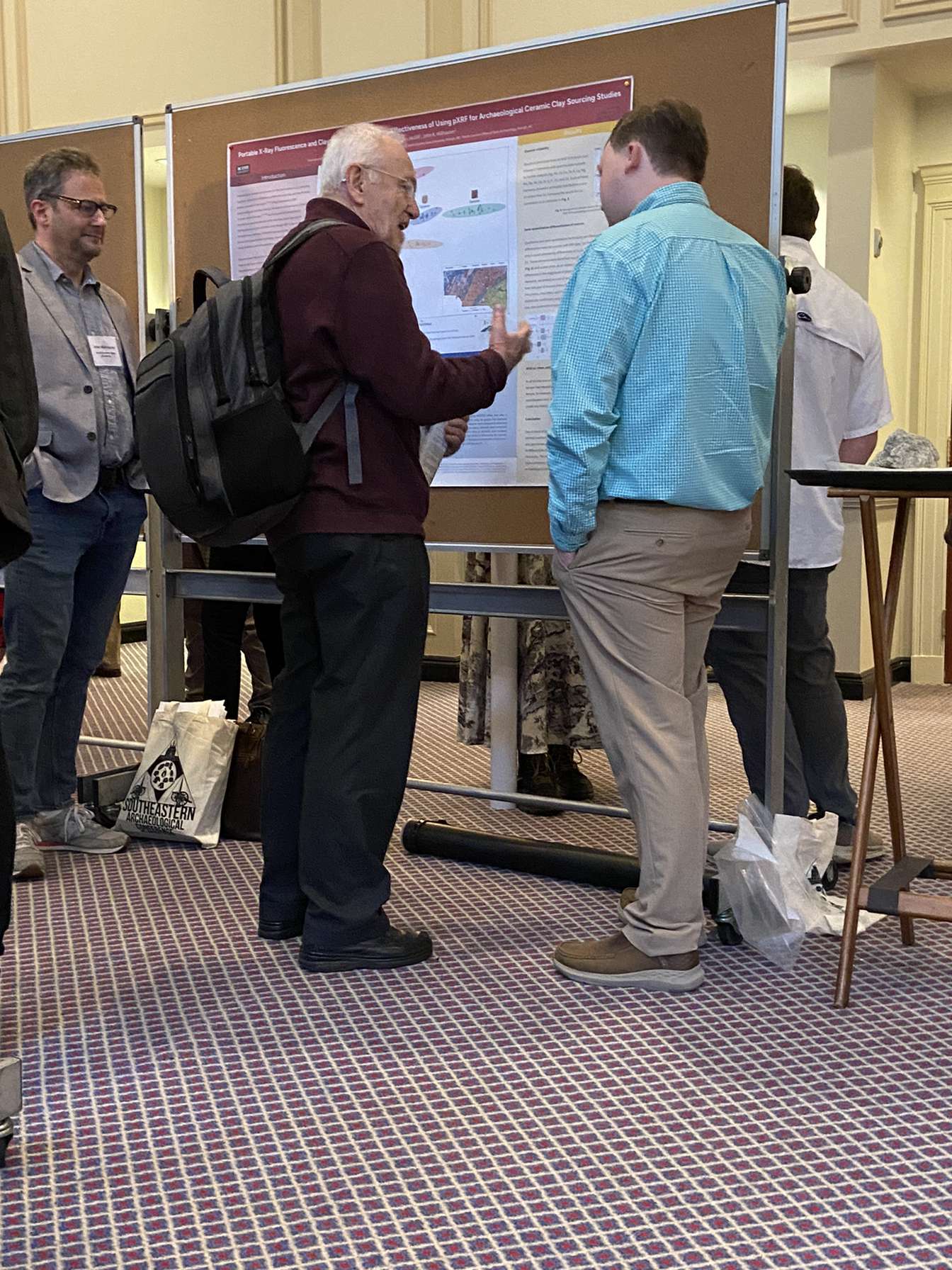Have you ever been asked to work through a break? Been asked to stay and work off the clock, even for just 15 minutes? Has your hours worked ever been adjusted after the fact? Have you worked over 40 hours in a week and not received overtime pay for it? These are just a few examples of what emergent scholarship in sociology, economics, and law are calling Wage Theft. While it is impossible to know exactly how much employers steal from the employees every year, estimates of minimum wage violations alone (those violations where employees are paid less than the minimum wage) amount to $11 billion per year. Including all other violations, some estimates put the number at $50 billion per year. This is more than twice the amount lost to larcenies and other minor thefts.
Some sociologists believe this emerging problem is due to cultural shifts where legal institutions tend to side with employers and those employers feel emboldened to break the law because they are unlikely to face consequences. My dissertation intends to dig into the interactions that underlie wage theft and how those interactions are structured at the macro level. To this end I am interviewing employees and managers in two key sectors where wage theft is common, restaurants and retail establishments. Through these interviews I seek to uncover not only patterns of interaction that produce wage theft, but also those patterns that lead to employers following the law.
Since my research is qualitative, the nature of it involves using building theory about wage theft from the ground up. This inductive research, informed by theories in criminology, the sociology of organizations, and the sociology of work will contribute to our understanding of wage theft as a social problem, this research will also build upon and inform theories of corporate crime, and rule-breaking in organizations. In my initial interviews I have begun to uncover patterns of what I call Symbolic Obfuscation, where managers and employees interactions produce a situation where wage theft becomes relabeled as something else. I hope to perform many more interviews to fully flesh out these patterns and discover more emergent ones as well.
If you would like to learn more about Nicholas’ interviews and possibly participate in his research, please see this flyer.
This post was written by Nicholas Membrez-Weiler, a graduate student pursuing a Ph.D. in Sociology.

- Categories:



